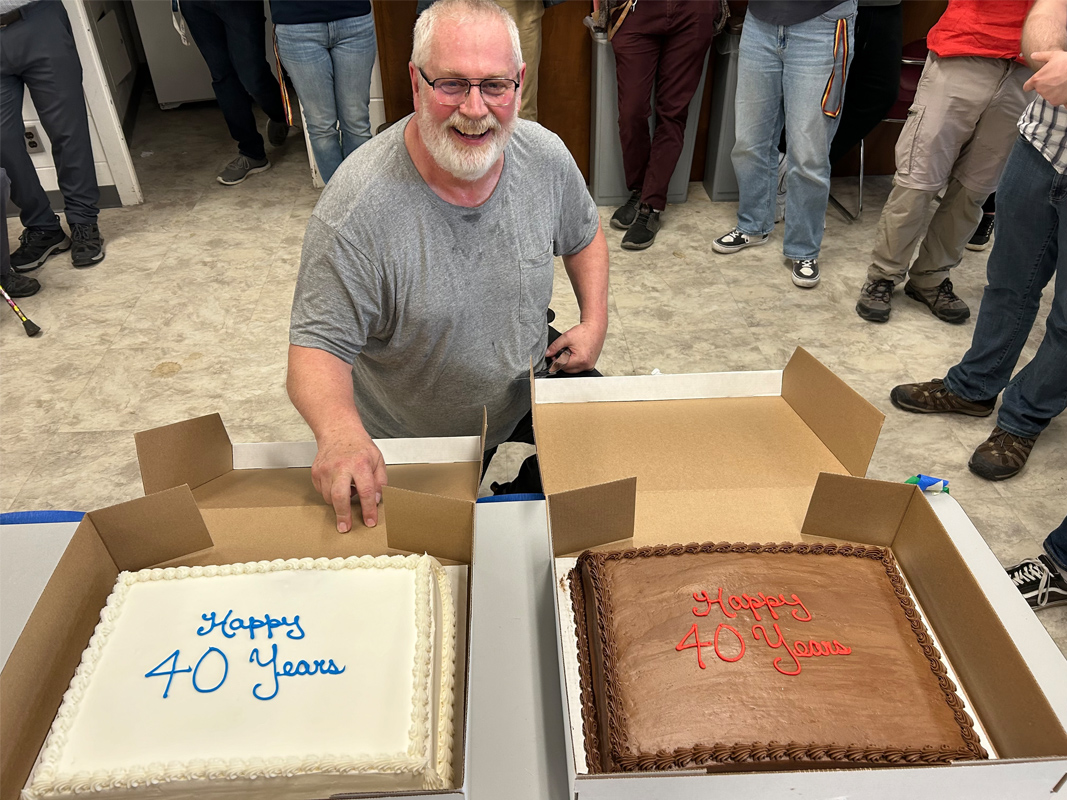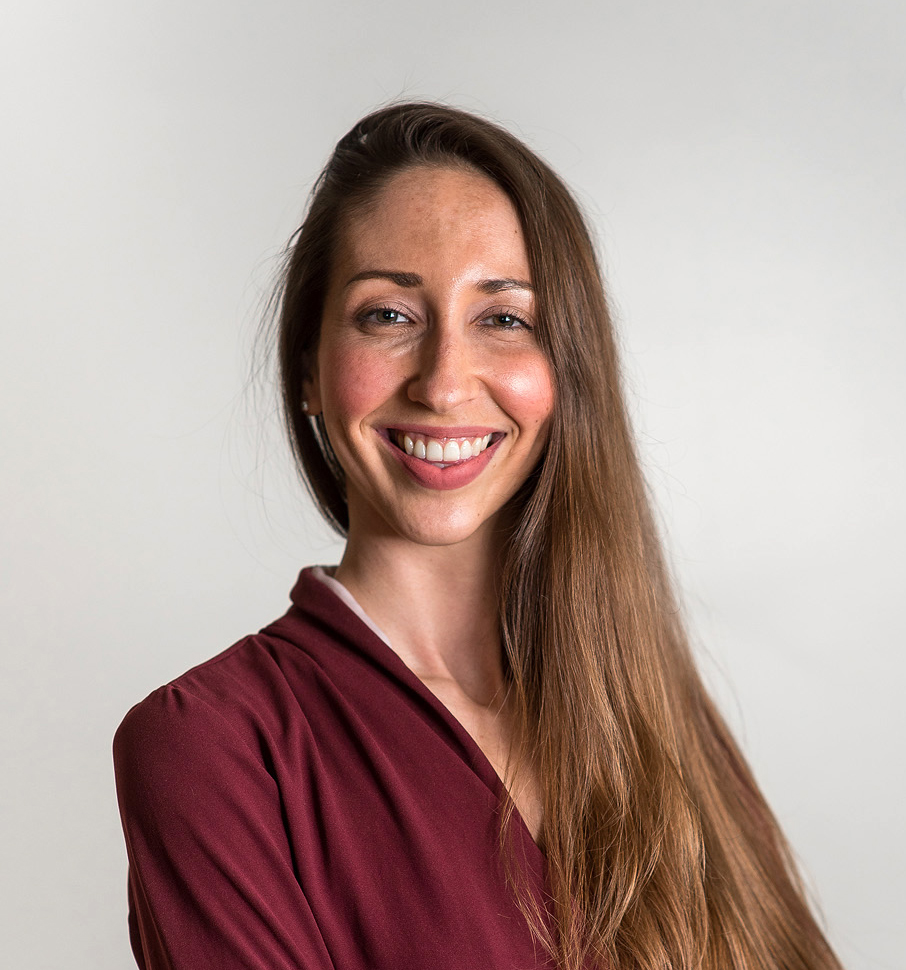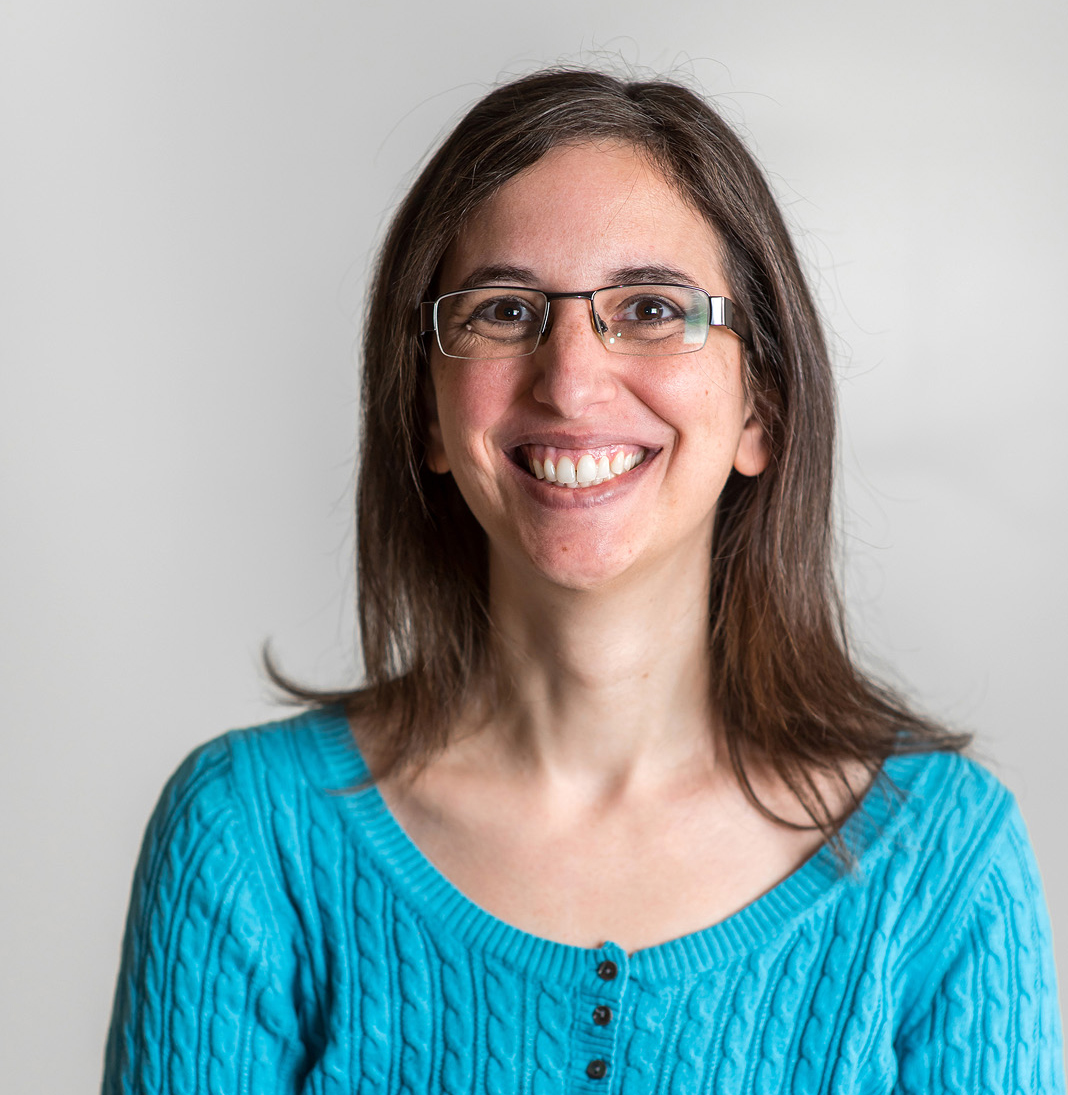Olexandr Isayev
Carnegie Mellon University
Abstract:
Historically, quantum mechanics and computational chemistry has been unable to overcome the orthogonal requirements of speed and accuracy. If you want an accurate calculation, be ready to pay the price in computer time. In the pursuit of a compromise between speed and accuracy many approximations were developed that expedite ab initiomethods with some loss of accuracy.
We will present a deep learning model that approximates the solution of Schrodinger equation. Focusing on parametrization for organic molecules, we have developed a family of transferable neural networks models accurate compared to reference quantum mechanical calculations at speeds 10^6 faster. The tutorial presented here will provide attendees with the opportunity to learn how to perform molecular simulations with Python and PyTorch framework using Google Colab. No code installation is necessary. We will showcase calculations of chemical reactions, thermochemistry calculations, structural optimization, and molecular dynamics (MD) simulations.
Timbits, coffee, tea will be served in STI A before the colloquium.

 Queen's 2015 Nobel Prize in Physics
Queen's 2015 Nobel Prize in Physics

